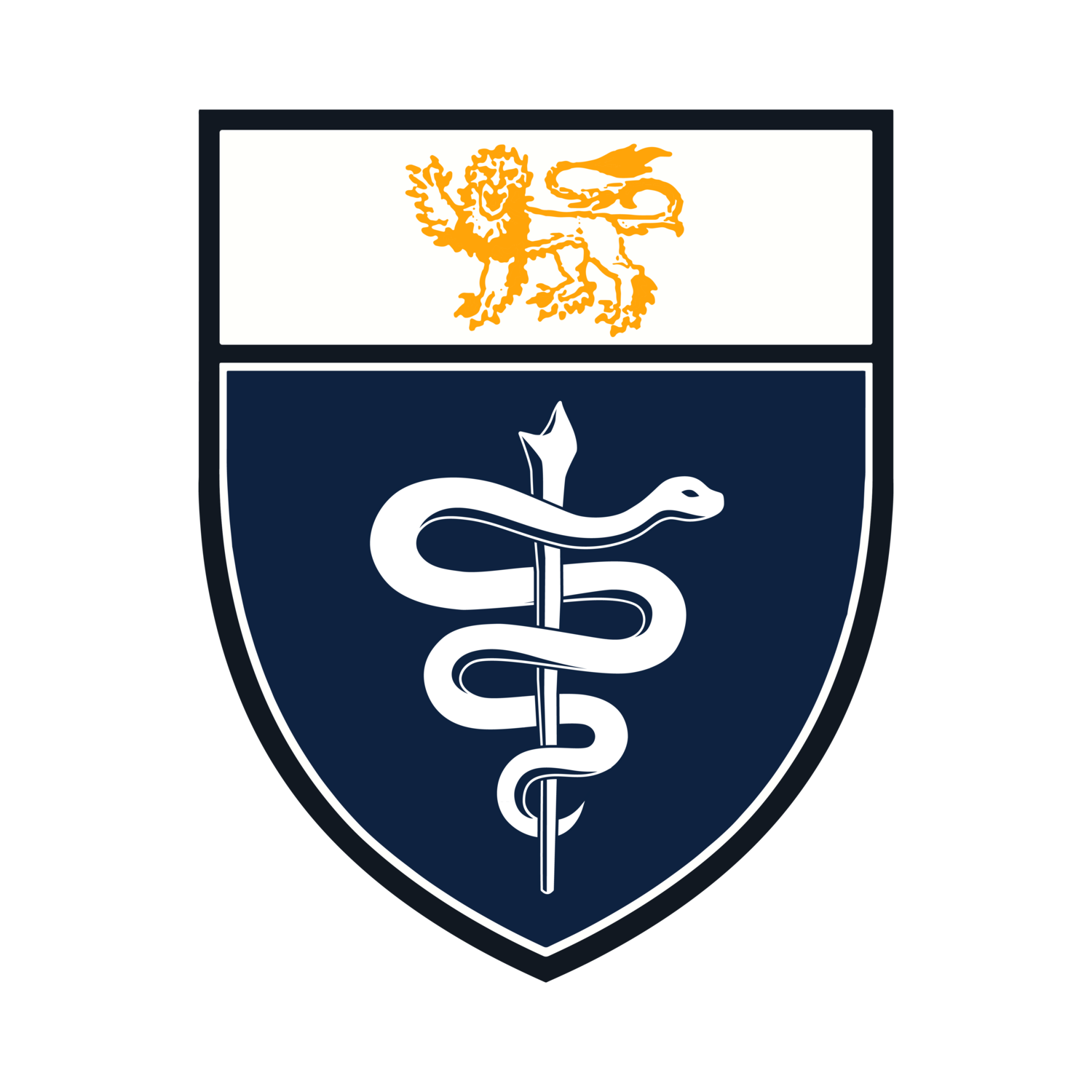“I saw a big group of people crowding around a person and I saw a pair of shoes on the floor so it was quite obvious someone collapsed. I went over to have a look and I saw Peter, and I asked him what’s happening, he said ‘this guy collapsed, they’re doing CPR now’. Then he passed me the phone, so I became the coordinator with SCDF, while Peter started doing CPR. After that they said to bring the person out so that when the ambulance comes they can bring him off easily. After a while the AED came, we gave the person one shock, nothing happened, then Peter started doing CPR again, after that I took over Peter doing CPR, we delivered the second shock. He responded a little, but I was more concerned about whether he was getting oxygen because we couldn’t do mouth-to-mouth on him (because of his condition). So I asked the SMRT staff if there was any bag air mask, but there wasn’t any. By the time I ran down he was a bit conscious, coughing, he was back already. We were with him until the ambulance staff came, we made sure that he was safe, then another doctor came and accompanied him, then we left for school.
“It’s not the first time I did CPR on a person, but it’s the first time I did CPR and the person came back, so it was quite significant for me. I was extremely happy that day.”
That means you’ve responded in this kind of situation before?
“I think I responded when I was in late M1 or early M2. I use this app by SCDF called MyResponder. I was in the middle of some meeting and my phone started vibrating, and I was like 'what’s this', so I opened it up and found out that the person having a cardiac arrest was on the floor above me. I hesitated a bit la, you know the first time doing CPR, you feel scared, you don’t know what to do, what if you mess up. But I thought ‘might as well, medical student right, this is why we join med school in the first place’, so I went up, did CPR with the help of my friend who was CPR trained in army, we did what we could.
“I was quite dejected, I couldn’t really sleep the first night. I didn’t know if the person came back ‘cause I handed over to the paramedics then I left, but I found out that he passed away later. It didn’t feel good la of course, to not be able to bring the person back, but when we put our best into trying to help the person, we tried our best, so I don’t think there’s much to regret. Only when you don’t step up, then you’ll be left wondering, ‘if I had stepped in to help, would he have come back’, I think that’s the kind of regret we don’t want to have.”
Fun fact: Kelvin is Cantonese, but doesn’t know Cantonese while his Hokkien is pretty good, so when he steps up to translate in the hospital and doctors ask him if he’s Hokkien, they get confused by his reply.

